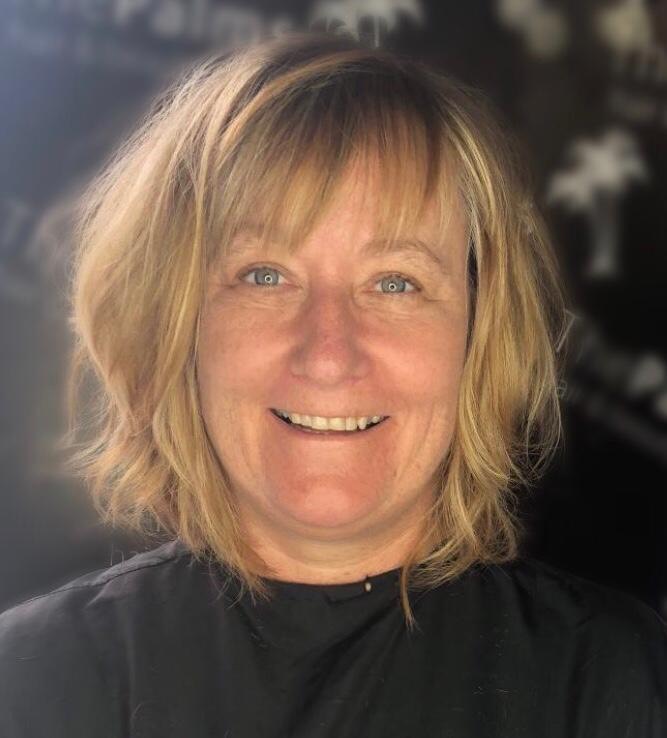
Few women actively look forward to their routine mammogram or cervical
screening test, despite the knowledge that it’s absolutely the right thing to
do for the good of their health.
But for Hannah, the fear and apprehension associated with these and
indeed any kind of medical appointment is much worse than for many other women
and men because Hannah is a survivor of Sexual Violence. She went on to develop
post traumatic stress disorder during her care and treatment for breast cancer.
While she describes most of her medical care as ‘fantastic’, the routine
procedures involved, such as lying down on a bed with people towering over her,
or undressing for an examination without the use of a screen and people
watching, feeling anxious and out of control and a lack of trauma informed
care, created flashbacks. These in turn
triggered off the emotional and psychological trauma and she was then diagnosed as
PTSD.
Hannah, who was diagnosed with breast cancer five years ago, is now
championing ‘trauma informed care’ for patients who have experienced physical
or sexual violence in their past .
“So many survivors of abuse find it difficult and disturbing to attend screening, and many simply decide they can’t face it and don’t go at all,” said Hannah. “For those who do take the huge step and make it to their appointment, their experience can be so distressing that they don’t go again.
“I did have a cervical smear after my chemotherapy had finished, at my
oncologist’s suggestion. The chemotherapy had resulted in my hair loss. I was
asked to come in and sit on a chair while she talked to me, and while she
locked the door. She asked me to remove my jeans and underwear and prepare for
the examination. She used no screens (even though there was one in the room)
and no paper towel to cover me and I had to walk across the room with her
watching. Many patients may accept this as matter of routine, albeit
unpleasant, but for survivors of sexual abuse, this can trigger traumatic
flashbacks and unlock disturbing recollections. I have been unable to go
for any successful screening since.”
Hannah also recalls she ‘blanked out’
her breast lump and took months to pluck up the courage to seek advice. She
went on to have bilateral mastectomies, chemotherapy and radiotherapy to treat
the cancer. Her cancer was grade three and had spread so ultimately the delay
could cost Hannah her life.
Although Hannah feels there have been many improvements in the hospitals
she was treated in over the five years since she was initially diagnosed, there
remains much to be done in terms of supporting and training clinical staff to
be more aware of the issues facing survivors of abuse and how to adopt a more
sensitive approach across the whole of the patient journey.
“It’s a massive issue for healthcare professionals and we need to
address it. Only by listening to survivors and addressing the issues that
matter to them will we overcome the challenges and ultimately, save lives”
Hannah currently works with Healing Our Way, a Community Interest
Company that works with abuse survivors, health and care professionals to
improve the quality and understanding of sexual violence and trauma, using the
stories of survivors, their own words and professional input to tailor services
more effectively.
For more information:
Email: healingourway@gmail.com
Facebook https://www.facebook.com/healingourwaycic/








